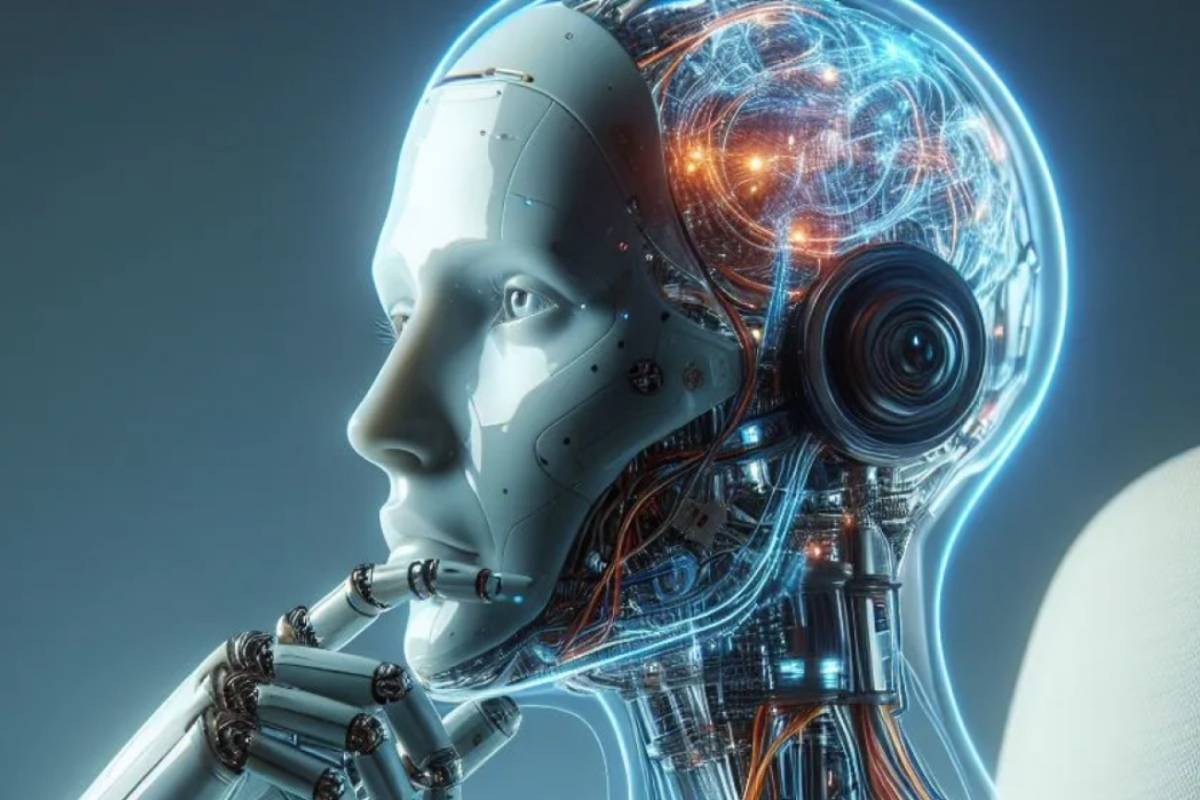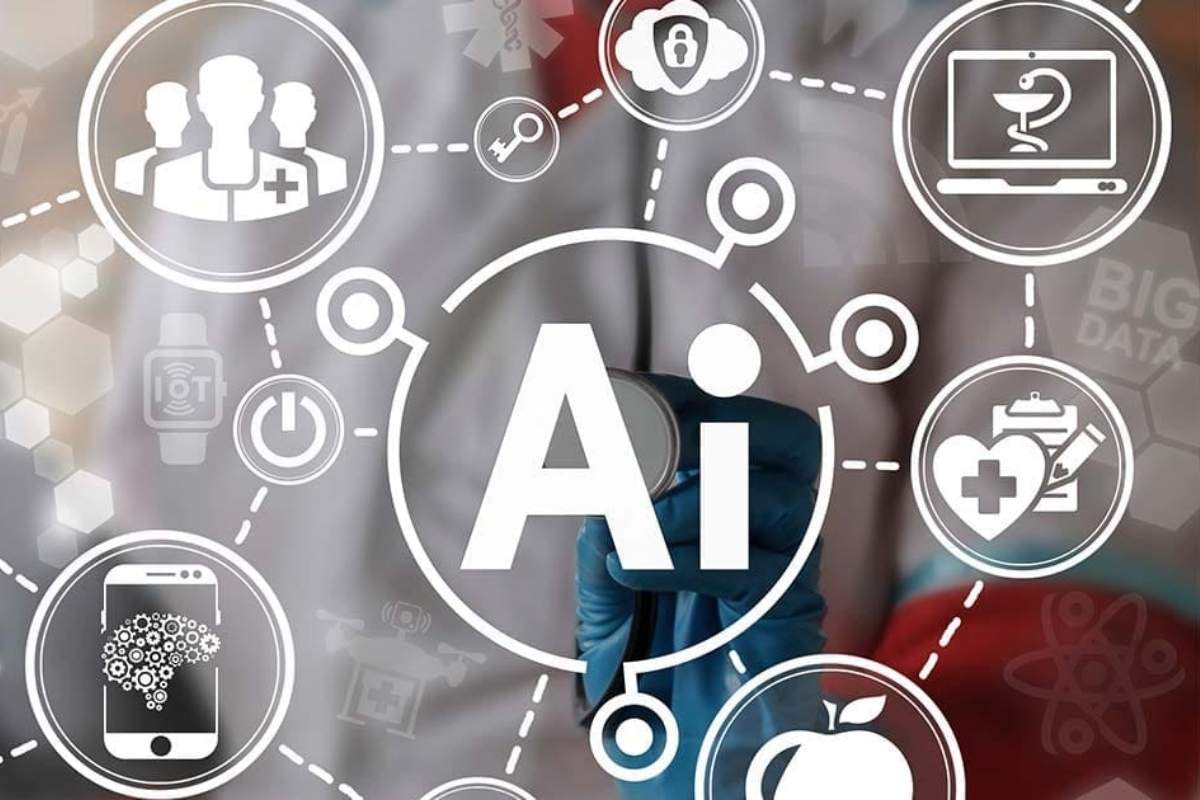Artificial Intelligence (AI) is no longer a futuristic concept confined to science fiction. It is rapidly reshaping industries, enhancing human capabilities, and transforming the way we interact with technology. From healthcare to finance, transportation to education, AI is becoming an indispensable tool for progress. In this article, we explore the current advancements in AI, its impact on various sectors, and what the future holds.

The Current State of AI
AI has come a long way since its inception. Today, machine learning, deep learning, and natural language processing (NLP) enable AI systems to perform tasks that once required human intelligence. Technologies like ChatGPT, self-driving cars, and automated customer service bots demonstrate how AI is already integrated into daily life.
Key AI Technologies Driving Change
- Machine Learning (ML): Algorithms that improve through experience, allowing systems to recognize patterns and make data-driven decisions.
- Deep Learning: Advanced neural networks capable of handling complex tasks such as image recognition and language translation.
- Natural Language Processing (NLP): Enables AI to understand, interpret, and generate human language, improving chatbots and virtual assistants.
- Computer Vision: Empowers AI with the ability to analyze and process visual information, essential for facial recognition and autonomous vehicles.
- Robotic Process Automation (RPA): Automates repetitive business processes, increasing efficiency in various industries.

Read more: Cloud Computing vs. Edge Computing: What’s the Difference?
AI’s Impact on Key Industries
1. Healthcare
AI is revolutionizing the medical field by improving diagnostics, enhancing patient care, and accelerating drug discovery. AI-powered algorithms can detect diseases like cancer with higher accuracy than traditional methods. Additionally, robotic-assisted surgeries and virtual health assistants are becoming more common.
2. Finance
Banks and financial institutions use AI for fraud detection, risk assessment, and automated trading. AI-driven chatbots provide personalized customer support, improving user experience and operational efficiency.
3. Transportation
Self-driving cars, AI-assisted traffic management, and predictive maintenance are reshaping the transportation industry. Companies like Tesla and Waymo are pioneering autonomous vehicles, aiming to reduce accidents and improve mobility.
4. Education
AI-powered tools personalize learning experiences, making education more accessible. Adaptive learning platforms analyze student progress and tailor educational content accordingly. Virtual tutors and AI-assisted grading are also enhancing efficiency.
5. Retail & E-Commerce
AI-driven recommendation engines personalize shopping experiences, leading to increased customer satisfaction. Chatbots and virtual assistants streamline customer service, while AI-powered inventory management optimizes supply chains.
6. Manufacturing
AI is enhancing automation in manufacturing by predicting equipment failures, optimizing production processes, and improving quality control. Robotics powered by AI are reducing labor-intensive tasks and increasing productivity.
The Future of AI: What’s Next?
While AI has already made a significant impact, the future holds even greater possibilities. Some of the emerging trends in AI include:
1. General AI (AGI)
Unlike narrow AI, which is designed for specific tasks, Artificial General Intelligence (AGI) aims to replicate human-like intelligence. AGI systems would be capable of reasoning, problem-solving, and adapting to new situations without human intervention.
2. AI and Ethical Considerations
As AI continues to evolve, ethical concerns such as bias in algorithms, job displacement, and data privacy must be addressed. Ensuring responsible AI development will be crucial for a balanced and fair integration into society.
3. AI-Powered Creativity
AI is already assisting in creative fields, from composing music to generating artwork. In the future, AI could collaborate with humans in writing, filmmaking, and design, pushing the boundaries of creativity.
4. AI in Space Exploration
AI is expected to play a vital role in space missions, aiding in navigation, data analysis, and autonomous decision-making. NASA and other space agencies are already utilizing AI for planetary exploration and satellite management.
Conclusion
Artificial Intelligence is undoubtedly transforming our world, enhancing efficiency, and unlocking new possibilities across various industries. As AI continues to evolve, it is essential to harness its potential responsibly while addressing ethical challenges. The future of AI promises a world where technology and human ingenuity work together to create a smarter, more advanced society.


